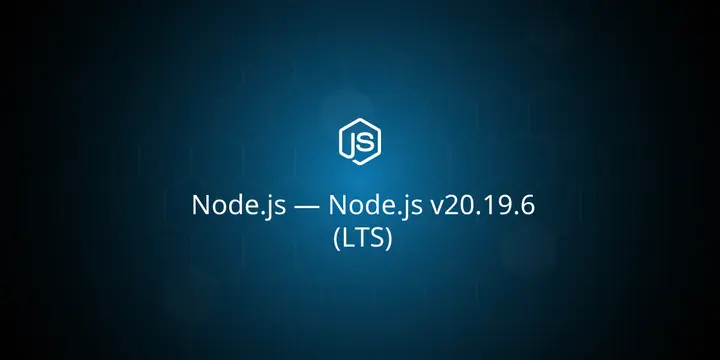Moreover, the release improves HTTP/2 handling, specifically resolving problems related to ping buffer length mismatches, which should enhance user experience during web interactions. The Node.js team has also prioritized improved documentation and fixed several bugs, such as superscript display issues on Windows and enhancing devcontainer integration.
This 'Iron' LTS version provides a robust set of enhancements for developers working on or maintaining Node.js projects. With a focus on security, performance, and user experience, the update ensures that developers have access to the latest tools and features to facilitate smoother operations.
As an open-source, cross-platform JavaScript runtime environment, Node.js empowers developers to build a wide range of applications, including web servers, web applications, command-line tools, and scripts. The continued support and development of Node.js reflect the community's commitment to providing a reliable platform for modern software development.
In summary, Node.js v20.19.6 not only solidifies the platform's commitment to security and performance but also enriches the developer experience with clearer documentation and improved functionality across the board. As developers continue to leverage Node.js for their projects, these updates will play a crucial role in ensuring efficient and secure application development
Node.js v20.19.6 (LTS) released
The Node.js team has released its latest long-term support version, 20.19.6, 'Iron,' which focuses on resolving issues while maintaining stability and security. This update includes modernizing the root certificates to use NSS 3.114 for secure handling of encrypted data, as well as updates to important dependencies like 'undici' and 'uvwasi.' The release also addresses HTTP/2 issues, such as ping buffer length mismatches, making web interactions smoother for users. Additionally, the team has improved documentation and fixed various bugs, including superscript display quirks on Windows and devcontainer integration points.


